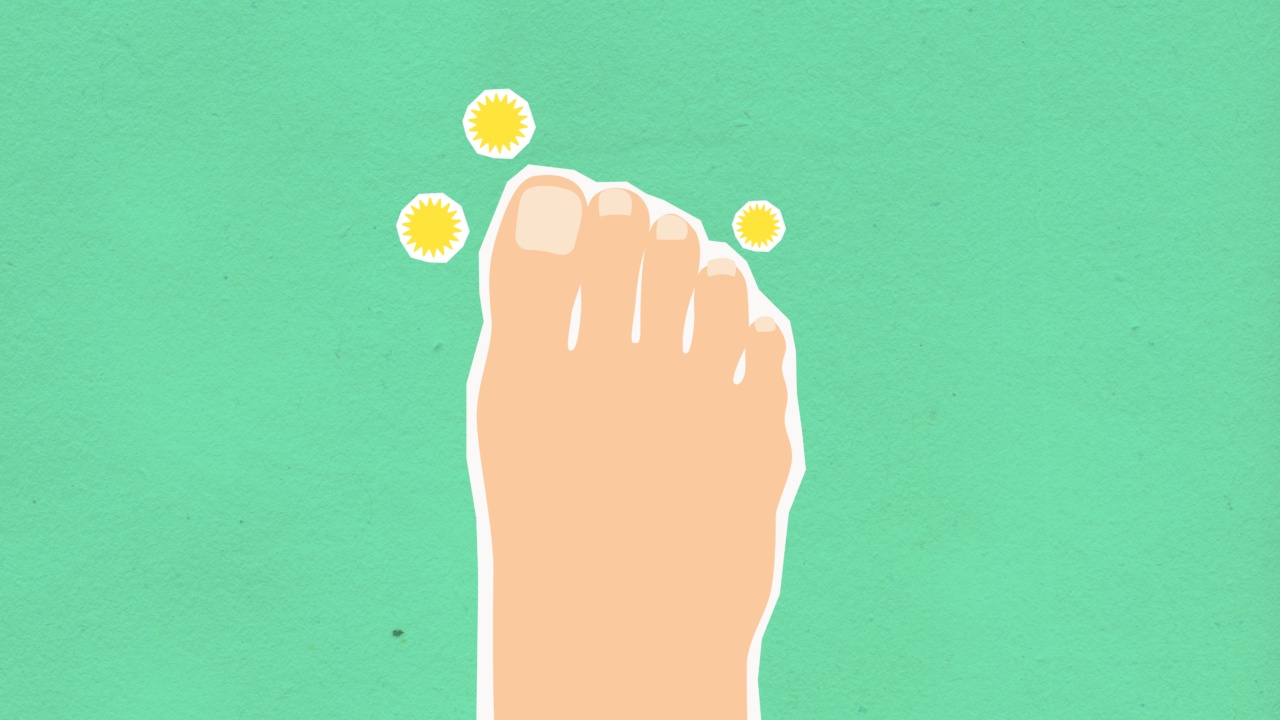Fungal infections in the mouth, also known as oral thrush or oral candidiasis, are common occurrences that can affect people of all ages. These infections are caused by an overgrowth of yeast-like fungi called Candida, specifically Candida albicans.
While Candida is normally present in small amounts in the mouth, certain factors can disrupt the balance of microorganisms in the oral cavity and lead to an overgrowth, resulting in an infection.
Symptoms of Fungal Infections in the Mouth
There are several telltale signs of fungal infections in the mouth that can help in identifying and confirming the presence of such an infection. Some of the common symptoms include:.
- White, cream-colored, or yellow patches on the tongue, inner cheeks, roof of the mouth, or throat
- Redness or soreness in the affected areas
- Difficulty swallowing or experiencing discomfort while eating or drinking
- A cotton-like feeling in the mouth
- An unpleasant taste or altered sense of taste
- Corners of the mouth becoming cracked or split
Causes of Fungal Infections in the Mouth
While Candida is naturally present in the mouth, certain factors can disrupt the balance and trigger an overgrowth, leading to a fungal infection. Some common causes include:.
- Weak immune system: Individuals with weakened immune systems, such as those with HIV/AIDS, diabetes, or undergoing chemotherapy, are more susceptible to developing fungal infections in the mouth.
- Antibiotics: The use of broad-spectrum antibiotics can kill the beneficial bacteria in the mouth, which normally help keep Candida in check, allowing it to grow unchecked.
- Steroids: The use of corticosteroids, particularly inhaled steroids for asthma, can increase the risk of oral thrush.
- Smoking: Smoking weakens the immune system and damages the lining of the mouth, creating an ideal environment for fungal overgrowth.
- Poor oral hygiene: Inadequate brushing, flossing, or cleaning of dentures can contribute to the development of fungal infections in the mouth.
- Underlying medical conditions: Certain medical conditions such as dry mouth, Sjögren’s syndrome, and hormonal changes during pregnancy can increase the risk of oral thrush.
Treatment Options for Fungal Infections in the Mouth
When it comes to treating fungal infections in the mouth, the primary goal is to eliminate the overgrowth of Candida and restore the natural balance of microorganisms in the oral cavity. The treatment options include:.
- Antifungal medication: Prescription antifungal medications in the form of tablets, lozenges, or oral suspensions are commonly prescribed to treat oral thrush. These medications work by killing the Candida fungi or inhibiting their growth.
- Oral antiseptics: Some over-the-counter oral antiseptics, such as mouthwashes or rinses, can be effective in reducing the fungal overgrowth and relieving symptoms.
- Proper oral hygiene: Maintaining good oral hygiene practices, including regular brushing, flossing, and cleaning of dentures (if applicable), can help prevent and control fungal infections in the mouth.
- Yeast-free diet: Eliminating sugars, refined carbohydrates, and yeast-containing foods from the diet may be beneficial in inhibiting the growth of Candida. Including probiotics and foods with antifungal properties, such as garlic and coconut oil, can also support the treatment process.
- Addressing underlying health conditions: Treating any underlying medical conditions or predisposing factors, such as diabetes or dry mouth, can help reduce the likelihood of developing recurrent fungal infections in the mouth.
Preventing Fungal Infections in the Mouth
Prevention is key when it comes to fungal infections in the mouth. By following a few simple steps, you can significantly reduce the risk of developing oral thrush. Some preventive measures include:.
- Practice good oral hygiene: Brush your teeth at least twice a day, floss daily, and clean your tongue using a tongue scraper or brush.
- Regular dental check-ups: Visit your dentist for regular check-ups and professional cleanings to ensure optimal oral health.
- Avoid tobacco and alcohol: Smoking and excessive alcohol consumption can weaken the immune system and increase the susceptibility to fungal infections.
- Keep dentures clean: If you wear dentures, make sure to clean them thoroughly and remove them at night to allow your oral tissues to breathe.
- Avoid unnecessary use of antibiotics: Use antibiotics only when prescribed by a healthcare professional and follow the prescribed course diligently.
- Manage underlying health conditions: Properly manage any underlying health conditions that may increase the risk of fungal infections, such as diabetes or dry mouth.
When to Seek Medical Attention
In most cases, mild fungal infections in the mouth can be managed with over-the-counter remedies and preventive measures. However, it is important to seek medical attention if:.
- The symptoms persist for more than two weeks despite self-treatment
- The infection is severe, causing difficulty in swallowing, breathing, or speaking
- There are signs of systemic infection, such as fever, chills, or swollen lymph nodes
- You have a weakened immune system due to a medical condition, medication, or treatment
- There are recurrent episodes of oral thrush
Remember, a healthcare professional can provide an accurate diagnosis and recommend appropriate treatment based on your specific circumstances.






























